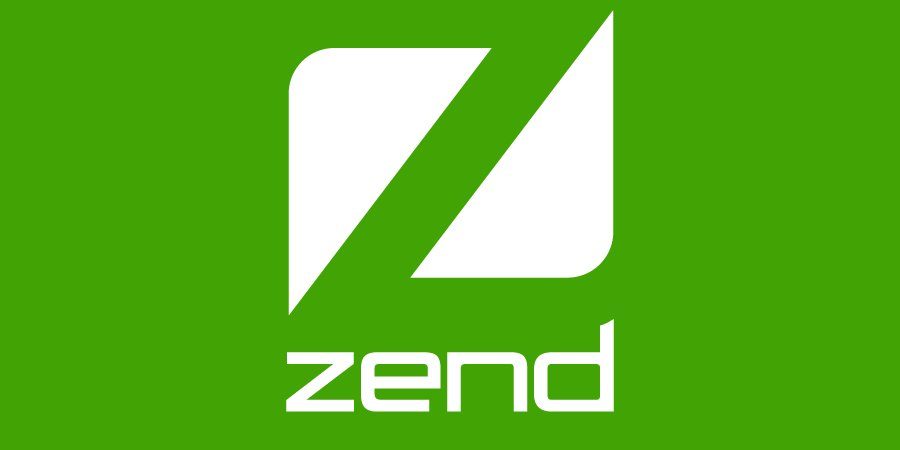Zend Framework Explained: Advantages, Disadvantages & Why It Still Matters
PHP programmers use a variety of frameworks and libraries to develop their projects. Zend Framework is one of the most popular PHP frameworks, offering many features to developers. Today, we are going to review the Framework and introduce its advantages and disadvantages, so stay tuned until the end of this article.
What is the Zend Framework?
PHP frameworks include a set of application classes for web application development, and it is one of the most popular language frameworks. This Framework, now known as the Laminas project, is based on the MVC architecture and is open-source to developers. With the help of this Framework, programmers can develop modern web applications at a very high speed.
This Framework also has several Loosely Coupled components, which is why it is also the Component Library. This Framework provides developers with a PHP language stack and a server for running applications.
Zend Studio software is also an IDE that provides many additional features, such as an MVC user interface and code generation, to the developers of this Framework. The current version of this Framework (Zend 3.0) includes new components such as a JSON RPC server, an XML to JSON converter, PSR-7 capability, and PHP7 compatibility.
Zend 2 is also an open-source framework for developing web services and applications in PHP 5.3. This version uses 100% object-oriented code and supports many PHP 5.3 features, such as namespaces, Lambda, and Closure functions.
Zend 1 is one of the most popular PHP language frameworks, with more than 15 million downloads, and Zend 2 is an evolution of Zend 1. In general, the servers of this Framework are available to PHP project developers in both free and commercial versions.
The Importance of the Zend Framework for Developers
This Framework’s ability to create highly stable and transparent code with intellectual property rights has made it extremely popular among PHP programmers. It also supports encryption tools and password-hashing techniques.
Reasons for the popularity of the Zend framework
The developers of this Framework consider the popularity of this Framework as follows:
- Flexibility in programming
- Simplicity, along with high efficiency
- Compatibility with other tools
- Scalability: The programmer can easily extend all classes of this Framework.
- Portable: Supports multiple development environments.
Zend applications
Well-known companies have developed the following web pages using the Zend framework:
- McAfee website
- IBM website
- Magneto Store
Benefits of this Framework
- It is a pure and 100% object-oriented framework.
- This Framework implements the MVC architecture in an advanced way.
- Zend Framework can use multiple databases, such as PostgreSQL and SQLite.
- This Framework is with a very simple Cloud API.
- Session management is in this Framework.
- Data encryption is another good feature of it that enhances its security.
- URI routing in this Framework is very flexible.
- The Framework also supports RESTful API development.
- The ability to store and reuse code is easier than in other frameworks.
- This Framework is with a Loosely Coupled capability. Using this feature, developers can remove modules and components not in the application from the project.
- This Framework performs so well that its latest version (Zend 3.0) is four times faster than the previous generation.
The PHPUnit library can be integrated with the Framework so programmers can do the testing process easily.
Disadvantages of this Framework
- This Framework has many libraries, classes, and components, so it is challenging for beginner programmers to learn.
- The framework plugins are very expensive compared to other PHP language frameworks.
- The Zend framework has numerous online resources, and although it supports a large user community, developers are sometimes confused by the overly detailed documentation.
FAQ
What is the Zend Framework / Laminas?
It’s a PHP open-source framework based on MVC architecture, offering loosely coupled components for building scalable web applications.
What are the main advantages of using Zend?
Key strengths include strong object-oriented design, flexibility, performance improvements (especially in newer versions), multi-database support, REST API readiness, and modularity.
What are the drawbacks of using Zend?
Drawbacks include steep learning curve for beginners, cost of plugins, sometimes complex documentation, and potential overkill for smaller projects.
